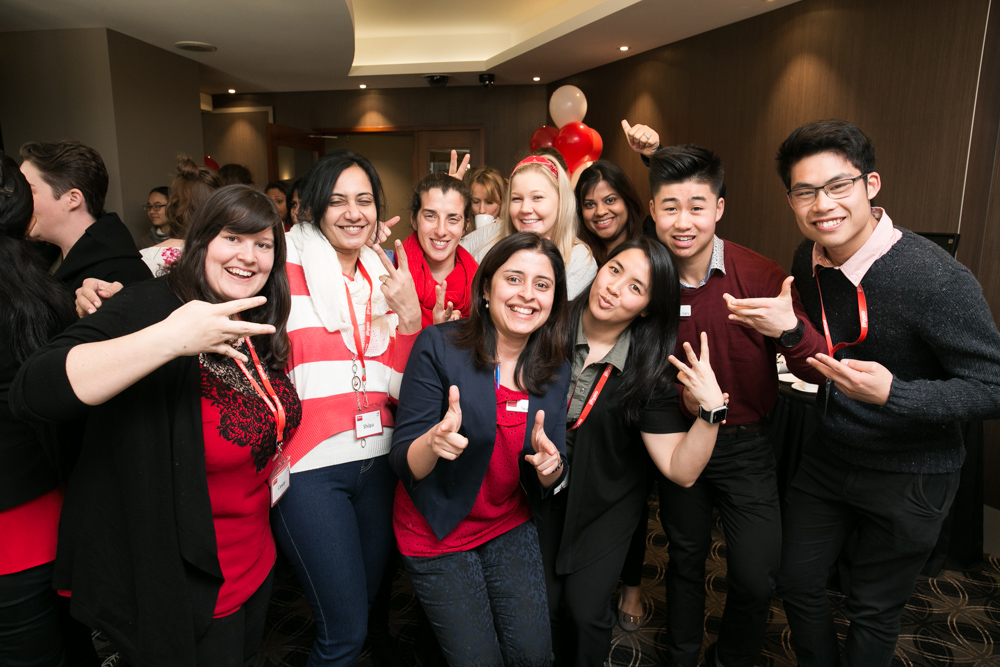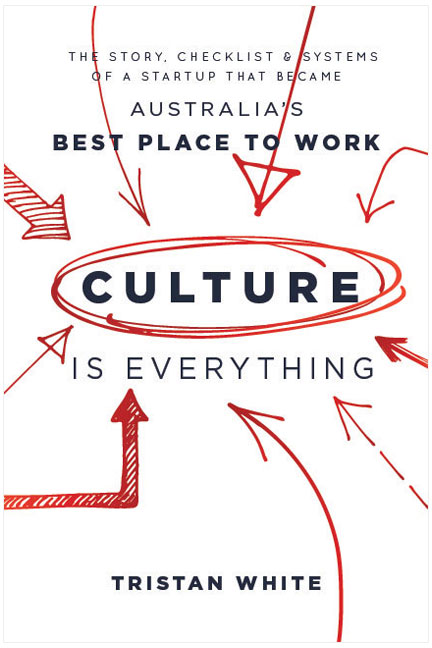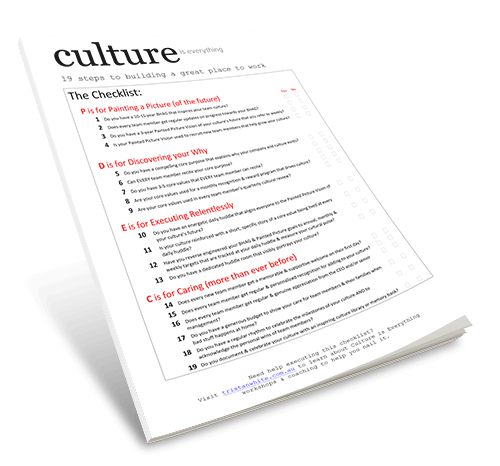
There seems to be a new LinkedIn post in my feed every day with a picture of someone’s desk on day one at a new job. You know the ones where day one employees heap praise on new employers for the welcome pack on their desk.
But does this day one culture last? Maybe? Maybe not.
Over the past 13 years, I’ve created an approach to building great culture that I think instils ‘day one’ culture for the long term, possibly forever. Here’s how it works.
The Culture Is Everything system: Four Secrets to Creating a World-Class Culture:
- Discover the core
- Document the future
- Execute relentlessly
- Show more love
First, we need to know who we are (discover the core) and where we are going (document the future).
Second, to create a great business, we need to both execute relentlessly and show more love.
Robust system
Growing a profitable and sustainable business fast, and simultaneously showing love to your team is not easy. It takes discipline and a robust system to follow.
To first Discover the Core: you’ll need to set a compelling core purpose (instead of using a wishy-washy mission statement) and discover a set of 3-5 core values.
Next comes the need to Document the Future: that involves setting a 10 year long-term target and then reverse engineering that goal to a shorter, more detailed 3 year vision.
To Execute Relentlessly: we’ll need systems to ingrain and embed culture at every step with daily power meetings (10-12-minute stand-up meetings), regular mini-parties and a rhythm of connection.
And Show More Love: both in the treatment of employees and celebrating each team and individual milestone on the journey together.
These elements are the CEO’s responsibility and can lead to tremendous growth.
Common purpose
A strong workplace culture is created when people:
- choose to work with a business they trust
- share a common purpose
- support each other to bring that purpose to life
The strongest workplace cultures can survive the tough times. Because tough times happen. Global financial crises arrive. Economies slow down. Clients are lost. Employees move on.
When bad stuff happens, do you want a group of people on your team who only know the good times? A culture that’s only been created since you started giving away more perks than the competition? I certainly don’t.
It’s in the tough times that people who choose to be part of a strong culture individually ask, ‘What can I do to help?’ and show that together ‘we can do it’.
According to some, the way to a great workplace is to offer as many perks as possible.
Culture of entitlement
Now, don’t get me wrong – offering benefits to team members is important, but I don’t agree it’s what builds the trust requires to be a great place to work.
You see, perks create a culture of entitlement, a ‘what’s in it for me?’ culture where employees are always expecting more.
And unless you have an unlimited amount of money, you can always be ‘out-perked’. Any victory is short-lived because a competitor can always offer more.
It’s popular to give employees a free day off for their birthday. That sounds nice, but what happens when someone offers two days or a whole week off?
Slippery slope
This approach to building a great workplace via a ‘perk-off’ with the competition is a never-ending and very slippery slope.
Honestly, do you really want people on your team who only joined because of the perks?
When the going gets tough, I reckon the motto of people attracted to a business with a culture of entitlement built on perks is ‘I’m outta here’. Like it or not, an unexpected occurrence will hit. Not if, but when. Will perks matter then?
What do you think? Is it perks or purpose that create a great place to work?



